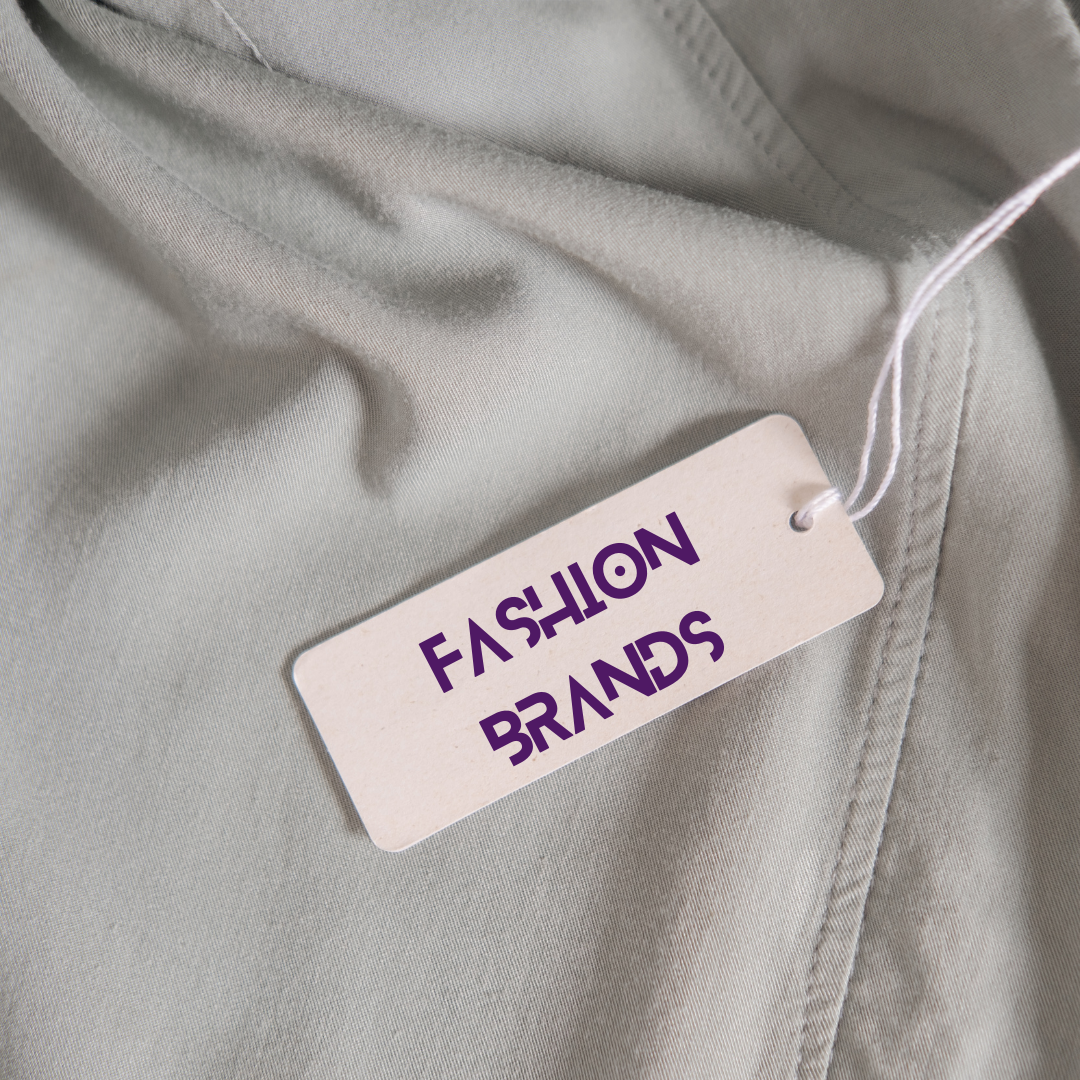A clothes boutique is typically significantly smaller than a standard clothing business, creating a more intimate atmosphere. With your boutique, you attract consumers who are looking for extremely specific styles and types of clothing. Because many consumers like their own personal styles, it is possible that satisfied clients will return to your establishment.
The fashion industry in India continues to grow because of consumer desire for attractive items offered in the domestic market. There are numerous portals available, such as malls, retail stores, tiny fashion boutique(s), and even internet retailers.
The fashion business has been significantly more sophisticated and organised in recent years, as seen by the introduction of new fashion lines in India during the last few years. However, there is still a demand for tiny fashion boutiques because they are conveniently accessible and offer customers certain ranges of clothing and trends.
Under the Shops and Establishments Act, all businesses must be registered with the local inspectorate. This must be completed within a month of establishing the business, after which a statement must be submitted to the inspector.
People who decide to establish a business usually have a brilliant idea and some money to put into the venture. Some people choose to establish a business by themselves or with family members, while others have partners or other investors who will not be involved in the day-to-day operations.
Before you start your business, you must decide on a legal structure. Many factors should be considered in your decision, including your current and future business goals, the simplicity of managing and operating the business, prospective income, and taxes. It is critical to note that not every structure is appropriate for every business. The business structure you choose will have long-term legal and tax consequences. There are various business structures available, each with advantages and disadvantages.
The regulations that apply to new enterprises vary depending on the circumstances, and even individuals who decide to go it alone have options to insulate themselves from personal accountability for corporate debts and responsibilities. You will almost certainly need a fashion lawyer for your boutique for this and other significant reasons.
1. Contracts: Contracts for space, services, and supplies are typically executed by most enterprises. Agreements between partners, investors, and employees are common in businesses. Everything is critical to get it correctly so that you do not end up in court.
2. Registration, Licensing, and Permitting: In order to be recognised, some business enterprises must register with the state. Even firms that are exempt from registration may be needed to seek licences or permits.
3. Form for conducting business. The legal obligations and potential liability of persons involved in managing the business, as well as the manner in which it may operate, are frequently dictated by the choice of business form (i.e. sole proprietorship, partnership, LLC, or corporation). Choosing the improper corporation, for example, may render you personally accountable for the mistakes of employees or partners.
4. Strict compliance. Some business entities must strictly adhere to the state legislation controlling that company form or risk losing the benefits and protections provided by those laws.
5. Tax. Different business structures offer various tax advantages and downsides. Only liability is more important to a start-up business like a boutique.
All these activities and decisions are highly technical and confusing and taking the wrong step or the wrong decision can be a very costly mistake and can prove to very detrimental to your new boutique’s future. Most fashion designers are not well acquainted (and should not be) in the legal elements of beginning and running a business. Nonetheless, a design firm is in charge of creating items from start. When done incorrectly, things like preserving your business name, dealing with vendors and contractors, paying your taxes, and so on can wind up costing your company money as well as a lot of hassle and effort when dealing with these issues later on.
Author: Nayeisha Puri


















